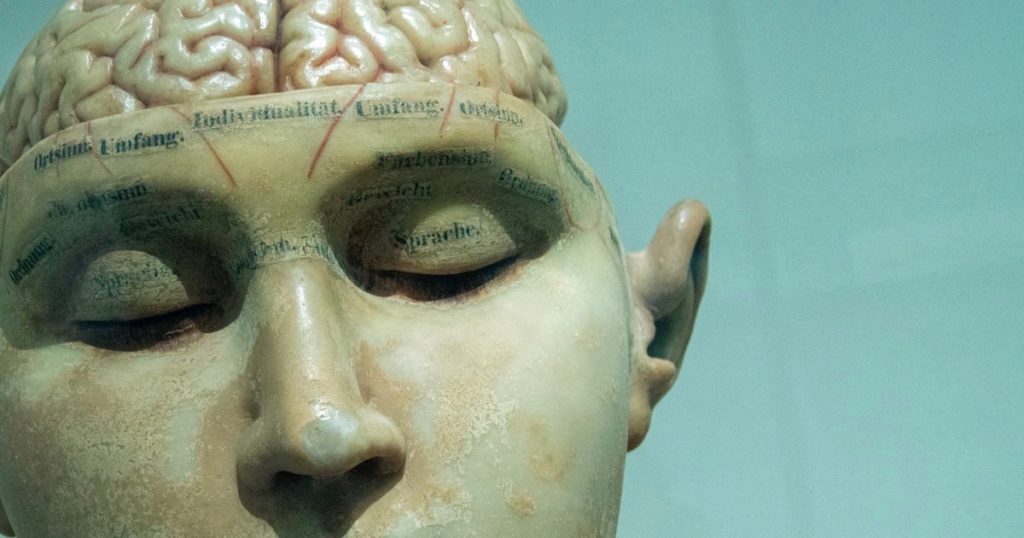 Evolution
Evolution
 Neuroscience & Mind
Neuroscience & Mind
Can Self-Organization Theory Account for Consciousness?

Cognitive neuroscientist Bobby Azarian, author of The Romance of Reality: How the Universe Organizes Itself to Create Life, Consciousness, and Cosmic Complexity (2022), offers a self-organization theory approach to the reality of the mind:
Most neuroscientists believe that consciousness arises when harmonized global activity emerges from the coordinated interactions of billions of neurons. This is because the synchronized firing of brain cells integrates information from multiple processing streams into a unified field of experience. This global activity is made possible by loops in the form of feedback. When feedback is present in a system, it means there is some form of self-reference at work, and in nervous systems, it can be a sign of self-modeling. Feedback loops running from one brain region to another integrate information and bind features into a cohesive perceptual landscape.
When does the light of subjective experience go out? When the feedback loops cease, because it is these loops that harmonize neural activity and bring about the global integration of information. When feedback is disrupted, the brain still keeps on ticking, functioning physiologically and controlling involuntary functions, but consciousness dissolves. The mental model is still embedded in the brain’s architecture, but the observer fades as the self-referential process of real-time self-modeling ceases to produce a “self.”
BOBBY AZARIAN, “THE MIND IS MORE THAN A MACHINE” AT NOEMA (JUNE 9, 2022)
One difficulty that arises is that many human beings produce a “self” with split brains, a brain missing key components, or only half a brain, (or maybe less). That’s real but not consistent with the materialist model that Azarian outlines.
“The Missing Puzzle Piece”?
He goes on to say,
Could self-reference be the missing puzzle piece that allows for truly intelligent AIs, and maybe even someday sentient machines? Only time will tell, but Simon DeDeo, a complexity scientist at Carnegie Mellon University and the Santa Fe Institute, seems to think so: “Great progress in physics came from taking relativity seriously. We ought to expect something similar here: Success in the project of general artificial intelligence may require we take seriously the relativity implied by self-reference.”
BOBBY AZARIAN, “THE MIND IS MORE THAN A MACHINE” AT NOEMA (JUNE 9, 2022)
But wait. What’s this about “self”-reference? Machines, as we know them, don’t have a self.
Read the rest at Mind Matters News, published by Discovery Institute’s Bradley Center for Natural and Artificial Intelligence.
